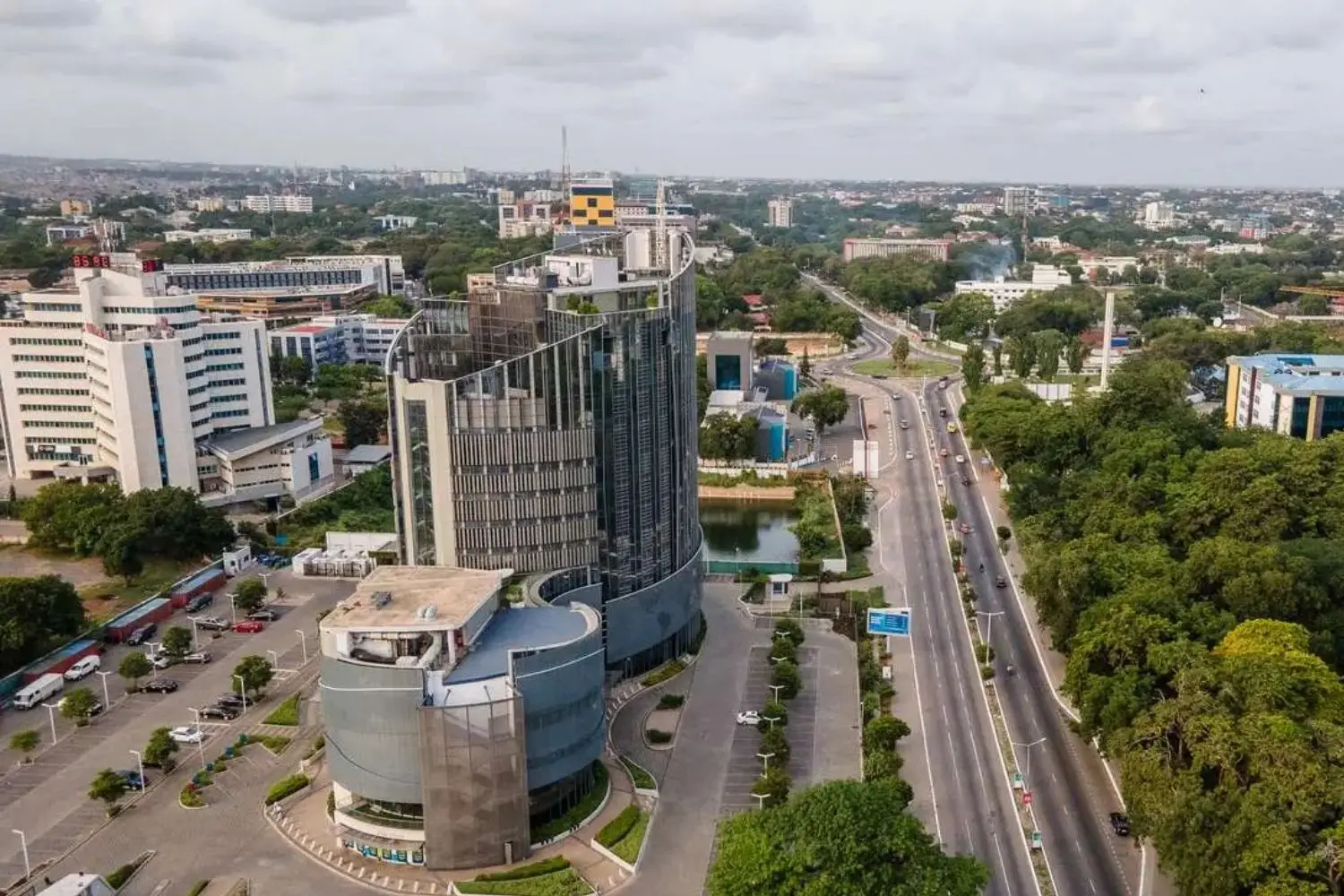Hire and pay employees in Ghana with 100% compliance and speed.
ADS handles payroll, tax, and local regulations.

Seamlessly onboard employees with compliant contracts, local benefits, and comprehensive HR support across all African markets.
Accurate, timely payroll processing in local currencies with tax compliance and statutory deductions handled automatically.
Stay fully compliant with local employment laws, tax regulations, and statutory requirements in every African country.
Comprehensive benefits packages including health insurance, pension contributions, and mandatory local benefits.
Manage employees across multiple African countries from a single platform with unified reporting and oversight.
Get started in as little as 48 hours with our streamlined workforce setup process and local expertise.
Navigate complex labor laws in 50 African countries with our team of local experts.
Full-service HR support from onboarding to offboarding for your international team.
Get your team up and running across the African continent in as little as 48 hours.
Ensure accurate and timely payments while offering competitive benefits packages.
Protect your business from costly compliance mistakes and legal issues.
Relocate your talent across African borders with expert visa & immigration support.
Whether you are testing a new market or scaling your presence in Ghana, ADS provides a range of related solutions to ensure your business remains compliant and operational at all times.

Save 80-90% on setup costs compared to establishing your own local entities in multiple African countries.
Streamline your HR operations across the African continent with unified Standard Operating Procedures (SOPs).
Your dedicated account manager ensures smooth operations and is always available for assistance, help or queries.
Manage employees across multiple African countries from a single HR provider, with unified reporting and oversight.
Manage your entire workforce from a single point of contact, with consistent processes across the African continent.
Seamlessly scale from 1 to 1000+ employees across Africa without the complexity of managing multiple entities.
Chief Human Resources Officer,
GetMyBoat
“Working with Africa Deployments allowed us to quickly hire top talent across East Africa without establishing separate entities. Their service is absolutely invaluable.”
Chief Operations Officer EMEA,
Global Finance Partners
Head of Legal,
Ergos Mining
An Employer of Record in Ghana is a third-party provider that legally employs workers on behalf of a company, ensuring compliance with local labor laws and payroll regulations. It enables companies to operate without establishing a local entity.
An EOR simplifies hiring in Ghana by acting as the legal employer, managing onboarding, payroll, and compliance while allowing the client to direct daily tasks and performance. This ensures fast and lawful workforce deployment.
Using an EOR in Ghana avoids the time, cost, and complexity of setting up a legal entity while ensuring full labor law compliance and workforce management. It’s ideal for testing markets or short-term projects.
Employees hired via EOR in Ghana are entitled to statutory benefits such as social security, annual leave, sick leave, and severance, all managed by the EOR. Contracts must reflect local standards.
Yes, EORs in Ghana handle payroll locally in accordance with Ghana Revenue Authority (GRA) requirements, ensuring accurate tax deductions, filings, and payments. Salaries are disbursed in local currency.
EORs in Ghana can employ both local citizens and expatriates, provided expats hold the required work permits and residence authorizations. All employment must comply with Ghanaian labor laws.
EOR services in Ghana benefit industries such as oil & gas, ICT, infrastructure, fintech, and NGOs that need rapid, compliant hiring without establishing a local presence.
Employee onboarding through an EOR in Ghana typically takes between 5 to 10 business days, depending on document readiness and contract finalization. This process includes compliance checks and registration.
Yes, engaging an EOR in Ghana can help reduce permanent establishment (PE) risk by separating employment obligations from business operations. Legal advice is still recommended for complex cases.
Africa Deployments Ltd (ADS) acts as the Employer of Record in Ghana, managing end-to-end employment processes, compliance, and payroll while clients focus on operations.
An Employer of Record in Ghana ensures terminations comply with local labor laws, including valid reasons, notice periods, and final settlements. Unlawful dismissal can result in penalties or legal action.
Yes, female employees under an EOR in Ghana are entitled to at least 12 weeks of paid maternity leave, in accordance with the Ghana Labour Act. The leave must begin at least two weeks before delivery.
Yes, EORs in Ghana are well-suited to employ remote workers on behalf of foreign companies, ensuring they are fully compliant with labor and tax laws.
Employees under an EOR in Ghana pay income tax under a progressive system, with monthly PAYE deductions handled by the EOR as per Ghana Revenue Authority guidelines.
Yes, fixed-term contracts are legal under Ghanaian labor law and are commonly used by EORs for project-based or temporary roles. They must be in writing and specify start and end dates.